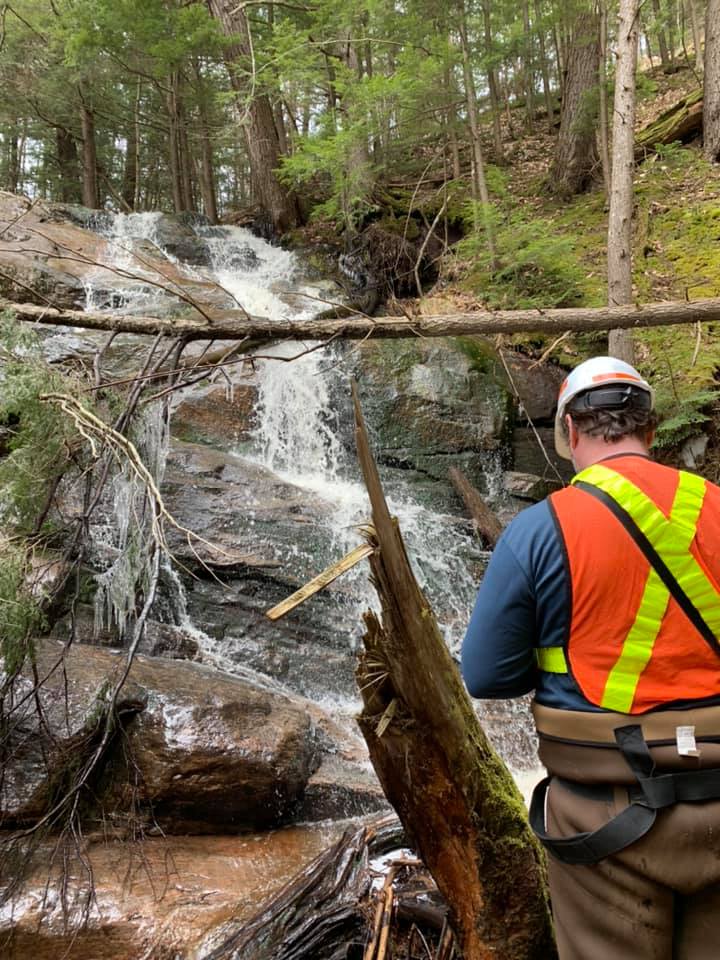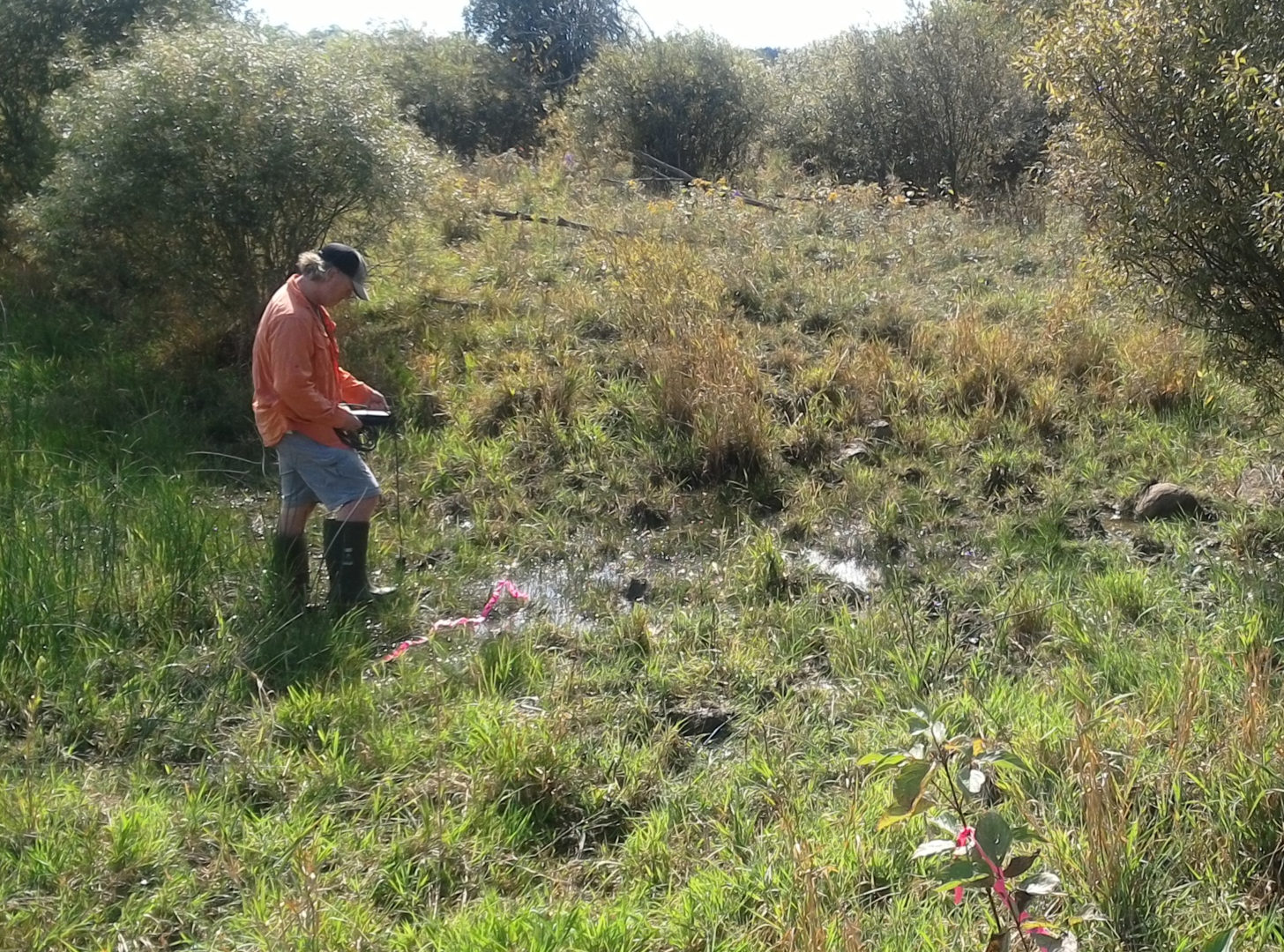Expert environmental opinion can mean many things. Our services in this area generally fall into one of three categories: due diligence studies, peer reviews, and providing expert opinion.

Providing an expert environmental opinion involves completing due diligence studies. This happens when a client is interested in determining if a parcel of land is developable prior to purchase. Completing a a due diligence study is a wise pre-emptive approach to purchasing land.
When buying land with a specific purpose in mind, you want to have all of the information related to environmental constraints in order to inform your decision-making process. Due diligence studies are done for anything from single lots for prospective cottages, to larger parcels of land for subdivision development, or aggregate development operations.
In these cases, RiverStone ecologists can do a desktop or basic site screening to draft an opportunities and constraints map and analysis. These identify what, if any, obstacles might prevent a landowner from using a piece of land for a specific purpose, which can then help inform the client with respect to purchasing a property.
We also provide expert opinion, which is referred to as a peer review. With peer reviews, RiverStone ecologists receive documents/reports that have been prepared by other environmental professionals. Our staff provide an opinion on the material that has been presented within these reports. RiverStone often conducts peer reviews for municipalities. Many smaller municipalities do not employ environmental experts , and will rely on hiring consultants, like RiverStone, to peer review various projects. RiverStone ecologists have experience peer reviewing projects that involve large-scale development to simple dock-building applications.

The other aspect of providing expert environmental opinion that we provide our clients relates to the Local Planning Appeal Tribunal, or LPAT (formerly the Ontario Municipal Board). Based on our experience, expertise, and reputation, clients hire us as a qualified expert witness to present evidence at an LPAT hearing. This is somewhat like a court proceeding, where, as ecologists, we testify before lawyers and are under cross-examination. The evidence we provide is an unbiased opinion based on our scientific knowledge and expertise.
Yes! We also work with local schools to support educators in their delivery of materials related to biology, wetlands, insects, and biodiversity, with a special focus on the unique natural environments in Muskoka.
Additionally, as a means of encouraging interest and further study of the environment and fostering continued connection with nature and the outdoors, we have offered workshops for youth including gardening with native plant species and building bat houses, birdhouses, and pollinator friendly environments.
